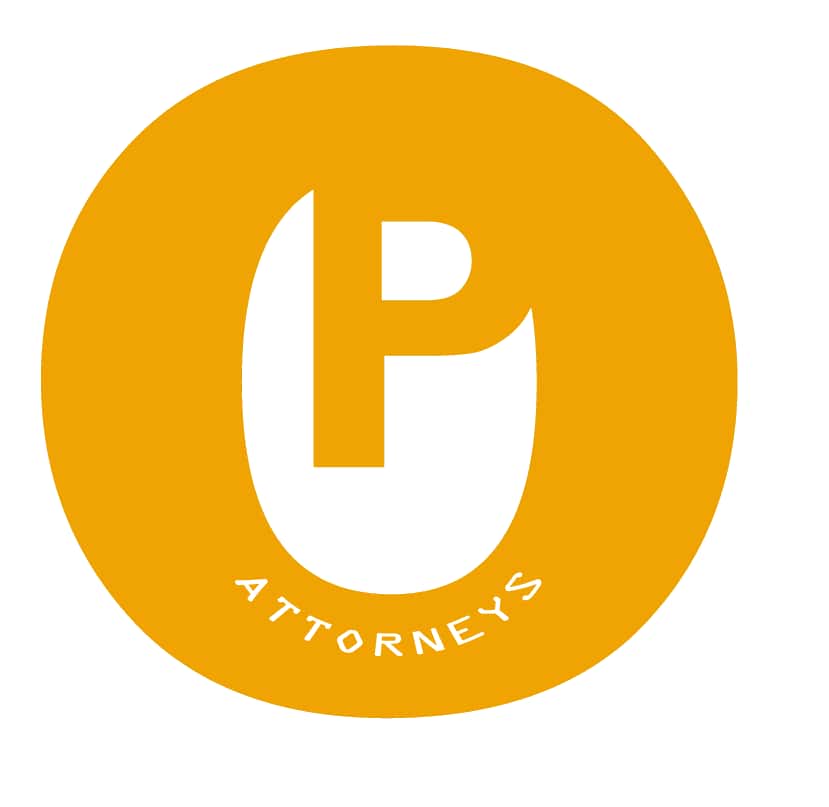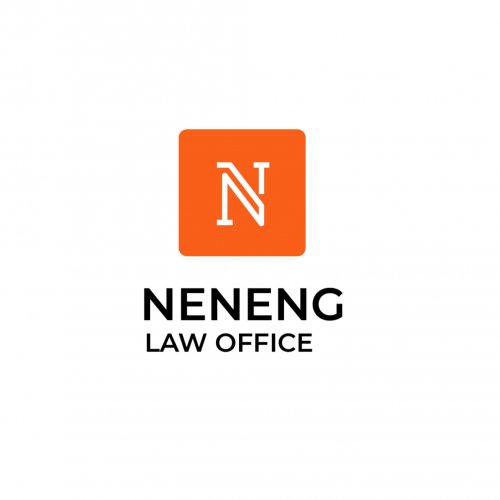Best Franchising Lawyers in Cameroon
Share your needs with us, get contacted by law firms.
Free. Takes 2 min.
Or refine your search by selecting a city:
List of the best lawyers in Cameroon
About Franchising Law in Cameroon
Franchising in Cameroon is a growing business model that allows entrepreneurs to operate a business under an established brand's name and system. This model offers an opportunity to leverage the brand equity, business format, and ongoing support of a franchisor. The legal framework surrounding franchising in Cameroon, however, is still developing. As a member state of the Organization for the Harmonization of Business Law in Africa (OHADA), Cameroon adheres to uniform business laws applicable across member states. The OHADA Uniform Act on Commercial Law addresses some aspects of franchising, ensuring a degree of legal consistency and protection in commercial dealings.
Why You May Need a Lawyer
Engaging in a franchise business in Cameroon can be complex, involving various legal and operational commitments. Here are some common situations where legal advice may be essential:
- Understanding Franchise Agreements: These documents are intricate and legally binding. A lawyer can help clarify terms and ensure alignment with Cameroonian law.
- Compliance and Regulatory Guidance: Ensuring that your franchise complies with local and OHADA regulations requires expert knowledge.
- Dispute Resolution: Franchise relationships can encounter conflicts. Legal support is crucial to resolve these effectively.
- Protection of Intellectual Property: Lawyers help secure a franchisor’s trademarks and trade secrets.
Local Laws Overview
Primarily, franchising in Cameroon is governed under the OHADA Uniform Acts, specifically the Uniform Act on Commercial Companies and Economic Interest Groups and other relevant legislation. Key aspects include:
- Franchising agreements are recognized under the broader umbrella of commercial contracts.
- Requirements concerning disclosure of information from franchisor to franchisee before signing a contract.
- Protection of intellectual property rights, including trademarks and business models, under the Agreement on the Rights of Intellectual Property (ARIPO).
- Compliance with Cameroon's tax regime, including corporate taxes and registration fees applicable to businesses operating within its territory.
Frequently Asked Questions
What is a franchise agreement?
A franchise agreement is a legal contract between a franchisor and franchisee that outlines the rights and obligations of both parties. It covers elements such as territory rights, usage of brand and intellectual property, support, and fees.
How can I ensure my franchise complies with Cameroonian law?
Ensuring compliance involves understanding OHADA regulations, local business laws, and engaging a legal expert to guide you through legal processes and obligations.
Do I need a trademark for my franchise in Cameroon?
Yes, protecting your brand through trademarks is critical. A registered trademark with the OAPI provides legal protection and credibility.
Can foreign franchisors operate in Cameroon?
Yes, foreign franchisors can operate in Cameroon, provided they comply with local laws and fulfill necessary legal formalities.
What are the typical fees involved in franchising?
Franchise fees typically include initial purchase fees, ongoing royalties based on sales, and marketing fees. These must be clearly outlined in the franchise agreement.
How is a dispute between a franchisor and franchisee resolved?
Disputes are often resolved through negotiation, mediation, or arbitration as outlined in the franchise agreement. A legal advisor can assist in navigating these processes.
What kind of support can a franchisee expect from a franchisor?
Support includes initial training, ongoing operational support, marketing assistance, and access to proprietary business systems.
Is there a requirement to disclose financial information in the franchise agreement?
Yes, the franchisor must disclose relevant financial information to ensure transparency and informed decision-making by the franchisee.
What are the risks involved in franchising in Cameroon?
Risks include market fluctuations, potential legal disputes, and the need for adherence to a strict operating protocol as prescribed by the franchisor.
How long does a typical franchise agreement last?
The duration varies widely but typically ranges from five to twenty years, after which it may be renewed based on mutual agreement.
Additional Resources
For those seeking additional information on franchising in Cameroon, consider the following resources:
- OHADA: Provides comprehensive information on business laws applicable to member states, including Cameroon.
- OAPI (African Intellectual Property Organization): For trademark and intellectual property rights registration.
- Cameroon Chamber of Commerce: Offers resources and support for businesses, including franchises.
Next Steps
If you need legal assistance regarding franchising in Cameroon, consider taking the following steps:
- Research qualified lawyers or law firms in Cameroon with expertise in franchising and OHADA laws.
- Schedule consultations to discuss your specific situation and understand potential legal challenges.
- Review your legal documents thoroughly with your attorney to ensure compliance with local laws and protection of your business interests.
By following these steps and accessing professional legal support, you can navigate the complexities of franchising in Cameroon with confidence.
Lawzana helps you find the best lawyers and law firms in Cameroon through a curated and pre-screened list of qualified legal professionals. Our platform offers rankings and detailed profiles of attorneys and law firms, allowing you to compare based on practice areas, including Franchising, experience, and client feedback.
Each profile includes a description of the firm's areas of practice, client reviews, team members and partners, year of establishment, spoken languages, office locations, contact information, social media presence, and any published articles or resources. Most firms on our platform speak English and are experienced in both local and international legal matters.
Get a quote from top-rated law firms in Cameroon — quickly, securely, and without unnecessary hassle.
Disclaimer:
The information provided on this page is for general informational purposes only and does not constitute legal advice. While we strive to ensure the accuracy and relevance of the content, legal information may change over time, and interpretations of the law can vary. You should always consult with a qualified legal professional for advice specific to your situation.
We disclaim all liability for actions taken or not taken based on the content of this page. If you believe any information is incorrect or outdated, please contact us, and we will review and update it where appropriate.
Browse franchising law firms by city in Cameroon
Refine your search by selecting a city.













